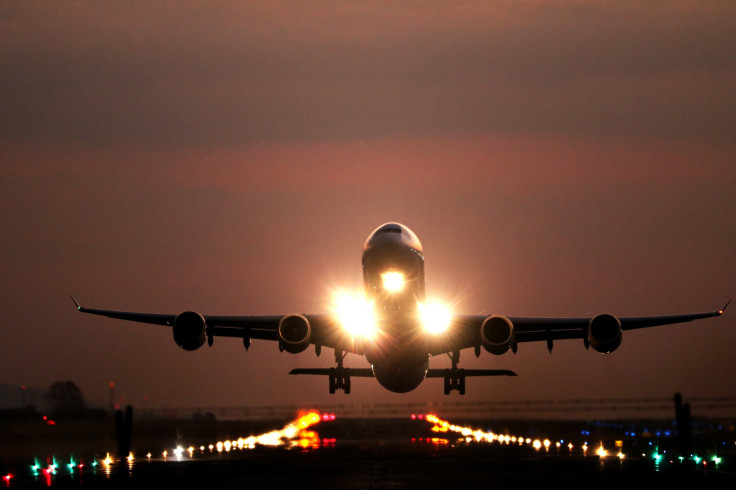
U.S. authorities are seeking to resume direct deportation flights to Venezuela and increase the pace of those to Cuba, the acting Immigration and Customs Enforcement (ICE) director told The Miami Herald.
Concretely, Patrick J. Lechleitner told the outlet that there are ongoing negotiations toward that end, but that parties are "still dialoguing and trying." He added that ICE is navigating a "very dynamic international environment," where countries become open or reluctant to receive such flights based on political shifts.
Venezuela is a clear example, as the Maduro government went back on its agreement to receive deportation flights in late January after relations between the countries deteriorated further following a renewed crackdown on its political adversaries.
The short-lived measure ended after the Biden administration reimposed some of the economic sanctions it had previously lifted. The U.S. government had concluded that the Venezuelan government didn't fulfill its commitments aimed at advancing to freer and fairer elections, which had triggered sanctions relief in the first place.
Overall, 15 flights were chartered, returning about 1,800 Venezuelans to their country. Even though the figure is a tiny fraction of the hundreds of thousands detained along the U.S. southern border, the agreement was seen as a deterrent for those who don't want to return by any means.
Cuban authorities, in turn, have shown willingness to increase the amount of deportees is currently receiving from the U.S., a top official told CBS News, while also blaming the country for the continued exodus from the island, immersed in an economic crisis.
Cuban Deputy Foreign Minister Carlos Fernández de Cossio told the outlet in late April that Cuba can accommodate more than one deportation flight a month, which is the current pace its receiving.
"We're open to having more," said the official, who was in Washington D.C. this week to take part in migration talks with the U.S. Over 5% of the Cuban population have left the country in the past years amid a serious economic crisis that includes regular blackouts and food and gas shortages.
Elsewhere, a concrete example of how shifting political winds can heavily influence the amounts of migrants reaching the U.S., Panamanian President-elect José Raúl Mulino is offering the Biden administration a deal to shut down the Darien Gap, a treacherous jungle path connecting the country with Colombia and which has become a key migratory route for those trying to reach North America.
Speaking with journalist Andrés Oppenheimer, Mulino said he is "very motivated to cooperate with the Biden administration from our country to find a solution to this problem that is taking place in the United States."
Concretely, he wants to start daily repatriation flights to send undocumented migrants apprehended in Panama to their countries of origin if the U.S. pays for them. "The United States should pay for the cost of this operation because it is a U.S. problem," Mulino told Oppenheimer, who detailed the plan in an op-ed published in the Miami Herald.
Mulino added that he has already had conversation with U.S. diplomats and is looking to explore the matter further with a Biden envoy following his inauguration, set to take place in July, saying it is likely that DHS Secretary Alejandro Mayorkas will lead the delegation. While he recognized such a task would be difficult and too expensive to do it with all migrants, he claimed the flights would have a discouraging effect.
© 2025 Latin Times. All rights reserved. Do not reproduce without permission.






